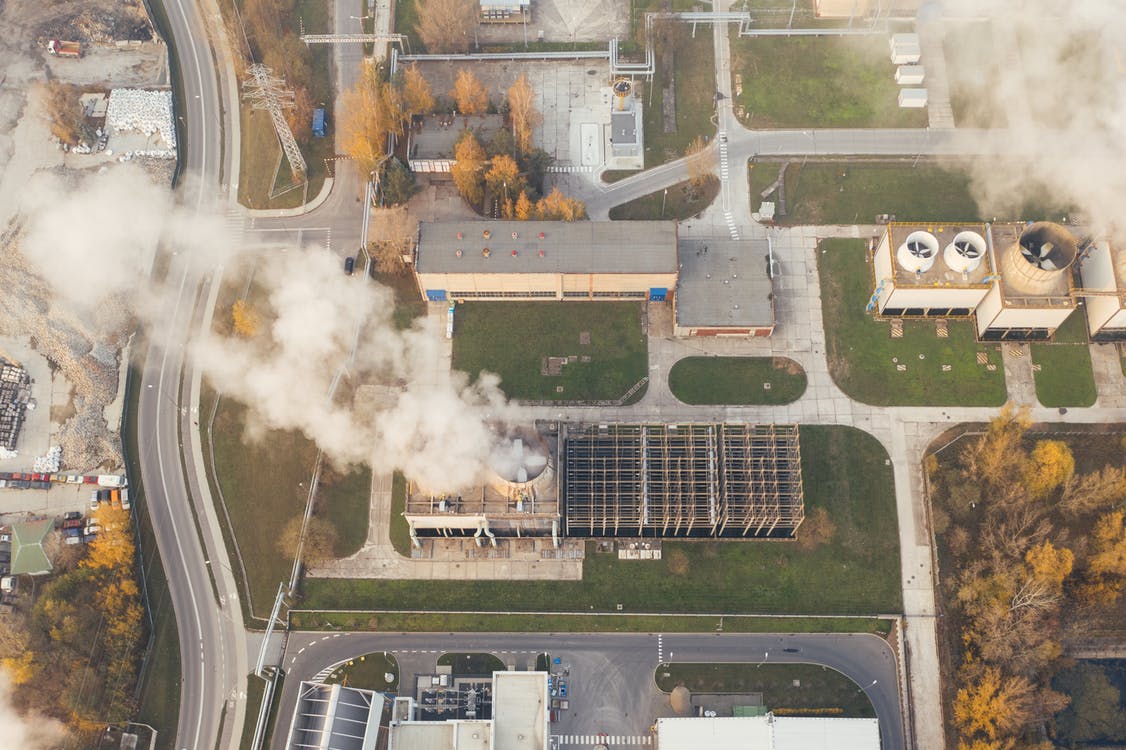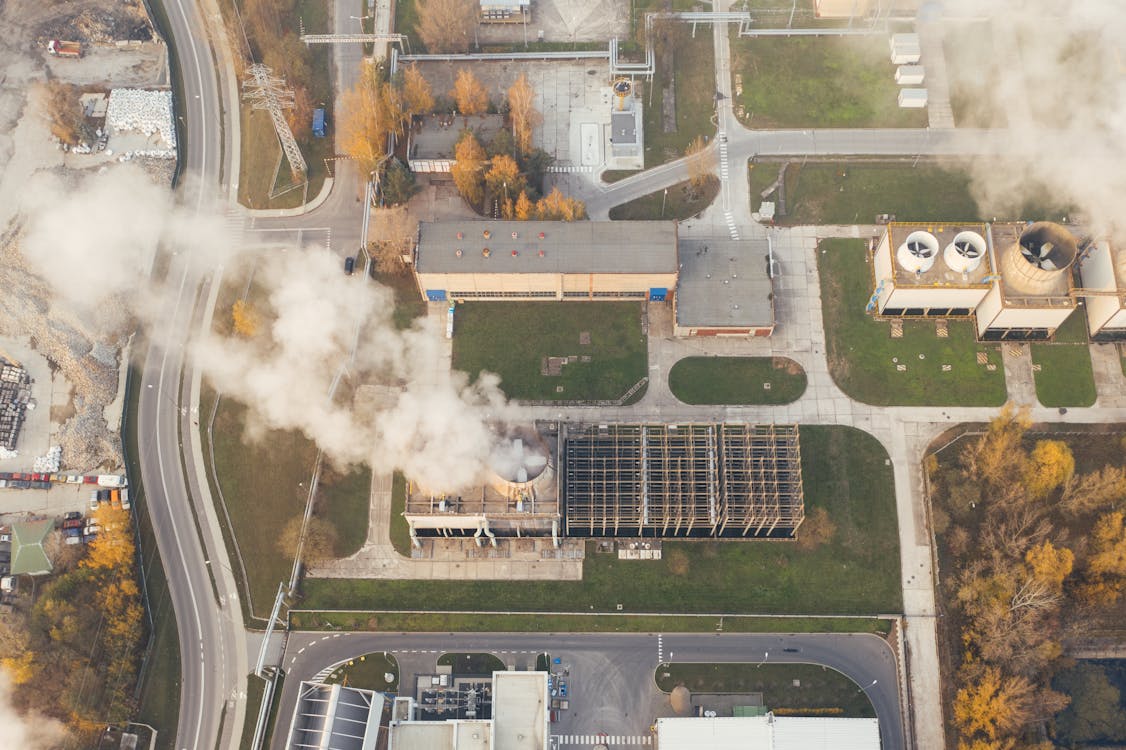#What Lays in India’s Cooling Action Plan?

Table of Contents
India is among the first countries to develop a comprehensive Cooling Action Plan through the Ministry of Environment, Forest, and Climate Change. The plan is dubbed the Indian Cooling Action Plan (ICAP), which aims to address the cooling needs in all sectors, listing actions that will assist in reducing cooling demand.
Goals of India Cooling Action Plan
ICAP’s primary goal is to provide sustainable thermal and cooling comfort for everyone while enhancing socio-economic and environmental benefits for the people. Below are some of the goals of the India Cooling Action Plan:
- Reduce the demand for cooling across every sector by 20%-25% before 2038
- Reduce the need for refrigerant by 25%-30% before 2038
- Diminish the cooling requirements by 25%-40% before 2038
- Acknowledge cooling and its interconnected areas as a thrust research area under the national S&T program
- Training and certifying more than 100,000 technicians before 2023, working with Skill India Mission

Implementation Framework
Cooling requirements spin across different sectors and is paramount for the economy’s growth. Other sectors, including transport, commercial and residential buildings, refrigeration, and cold-chain, highly depend on cooling requirements.
Cooling also plays an essential role in productivity and human health. Additionally, cooling is connected to SDGs. Therefore, its cross-sectoral nature and its application in the development of the economy make it crucial.
Steps Taken By The Government to Implement ICAP
Below are some of the implementation steps taken so far:
First, the Bureau of Energy Efficiency (BEE) developed the Energy Conservation Building Code (ECBC) to promote passive cooling in buildings. The codes apply to all significant commercial buildings.
Second, there have been studies conducted to promote non-Ozone Depleting Substances. The studies also focused on low Global Warming Potential established technologies in the Cold Chain and the building sector. Consequently, reports on these studies have been published.
Third, the government has continued to up-skill and offer certification to Refrigeration and Air-Conditioning service technicians. This has been done through the National Skill Qualification Network (NSQF).

What Steps Has India Taken Globally?
India has been part of the countries working to achieve global environmental goals. Below are some of the instances:
- Paris Agreement’s Nationally Determined Contributions (NDCs)
- Phasing down hydrofluorocarbons through ratifying the Kigali Amendment of the Montreal Policy
- Reestablishment of 26 million hectares of degraded land and 30% land and ocean conservation by 2030 under the United Nations Convention to Combat Desertification
- India was part of the fifth United Nations Assembly in 2022 to agree on plastic pollution resolution.
- India was the host of the Conservation of Migratory Species of Wild Animals in 2020
- India was the host of the United Nations to Combat Desertification in 2020

What Are the Benefits of ICAP?
These are some of the benefits society can accrue from the implementation of ICAP:
- Thermal comfort for everyone – This will be through the provision for cooling for LIG and EWS housing
- Sustainable cooling – low GHG cooling emissions
- Increase in farmers’ income through improved cold chain infrastructure, better production value, and diminished wastage
- Improved domestic manufacturing through the local making of the cooling and air conditioning equipment
- Strong R&D on cooling technologies alternatives will increase innovation in the sector.
Other Recommendations That Need to Be Added to ICAP
As much as coming up with ICAP recommendations involved many stakeholders and academia, the recommendations missed some key points. It is important to note that technological fixes alone cannot suffice. Below are critical areas that proposers should have included in the proposal:
Better Urban Planning and Natural Cooling System
ICAP proposes using green roofs to reduce the cooling demand for buildings. However, these green roofs are part of the infrastructure that must be built by cities to check temperatures. Municipalities should consider a systematic approach to integrating unplanned and planned green spaces on public and private land to everyone’s benefit.
Redefining Heat Stress in Different Climatic Zones
ICAP assumes that cooling needs are the same in India and thus recommends similar approaches. However, this is misguided since India’s heat thresholds vary across states and how people deal with heat. Therefore, the assumption needs to be corrected.
Clear Implementation Framework
An action plan comes to fruition only when it clearly defines who will do what and when. Otherwise, it will continue collecting dust on the shelves. ICAP should clearly outline the implementation of the recommendations at both levels of governance.
Better Data
ICAP acknowledges there are data gaps in the estimations and projections. It, however, does not come up with a solution that will improve data collection and analysis. Improved data will show improved cooling demand estimates and projections and come up with great solutions.
Managing Cooling Demand for Higher Income Groups
You should note that as much as ACs cool buildings inside, they throw that heat outside, resulting in higher temperatures at night. Therefore, ICAP should develop measures that will limit the continued use of ACs, especially among higher-income groups.

Wrapping Up
It is without a doubt that ICAP has placed India on the international radar. The experience has had a hand in the global NCAP Methodology created by AEEE under UNEP, UNESCAP, and NCAP guidance. ICAP impacts other areas, such as urban development, low-impact mobility solutions, net-zero pathways, and greenhouse gas.
by Jessica Smith
If you liked the article, do not forget to share it with your friends. Follow us on Google News too, click on the star and choose us from your favorites.
For forums sites go to Forum.BuradaBiliyorum.Com
If you want to read more like this article, you can visit our Technology category.




